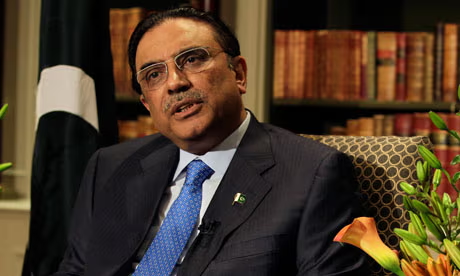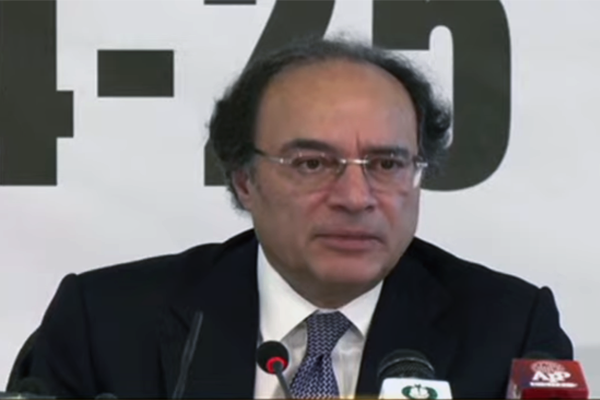The commencement of parliamentary sessions, President Asif Ali Zardari issued an ordinance aimed at removing legal barriers that had previously hindered the government from dismissing the boards of loss-making power distribution companies (DISCOs). This action, encapsulated in the State-Owned Enterprises Governance and Operations Amendment Ordinance 2024, took effect on June 5, 2024, reflecting the government’s preference for expedient measures over the legislative process of amending the law through parliament.
The ordinance grants the government temporary legal authority, effective for up to eight months, to remove independent directors from the boards of state-owned enterprises (SOEs). This temporary measure includes a possible four-month extension from the National Assembly, providing a window for the government to implement its strategic changes without immediate parliamentary approval.
A central aspect of the ordinance involves amendments to the State-Owned Enterprises (SOE) Act 2023, specifically targeting sections that impeded Prime Minister Shehbaz Sharif’s efforts to overhaul the boards of eight DISCOs. Key modifications were made to Section 13 of the SOE Act. Previously, directors appointed under this law held office for three years unless they resigned or were removed following specific provisions of the Act. The new ordinance introduces two critical conditions:
The federal government can remove a director or directors based on recommendations from the board nomination committees, provided that the reasons are recorded.
Directors can be dismissed without an inquiry upon recommendation from the board nomination committee.
These provisions streamline the process for removing directors, addressing a major obstacle faced by the government. This was highlighted on May 2, when the board nomination committee, led by Power Minister Sardar Awais Leghari, recommended the removal of directors from all ten DISCOs. However, Prime Minister Sharif approved the removal of directors from only eight companies, excluding Hyderabad and Sukkur DISCOs.
The push to remove these directors arose from allegations of substantial financial losses. The boards in question were accused of causing a massive loss of Rs589 billion due to poor governance and performance. These boards were initially appointed during the tenure of the Pakistan Democratic Movement (PDM) government, with many appointments influenced by political considerations and recommendations from coalition partners.
The ordinance also introduces changes to Section 4 of the SOE law, reducing the scope of SOE policy by excluding the performance evaluation process for ex-officio and independent directors. Additionally, a new Section 3A has been inserted into Section 10, which mandates the board nomination committee to evaluate directors based on specific objectives and principles outlined in the Act.
The decision to issue this ordinance rather than pursue legislative amendments through parliament reflects the urgency and strategic importance the government places on reforming the energy sector. The Power Division had earlier informed the Cabinet Committee on SOEs about the dire financial situation, predicting that all ten government-owned DISCOs would incur losses amounting to Rs589 billion in the current fiscal year.
This development underscores a broader initiative by Prime Minister Shehbaz Sharif to eliminate political influence from the boards of critical state-owned enterprises and to address systemic issues within Pakistan’s energy sector. The ordinance’s issuance and the subsequent legal reforms mark a decisive step towards improving governance and operational efficiency in these companies.
While the ordinance provides a temporary solution, it remains to be seen how the government will navigate potential legal challenges and opposition from stakeholders who have vested interests in the current board compositions. The pressure from board members and their backers, who threatened legal action citing the statutory protection of their three-year terms, highlights the contentious nature of these reforms.




